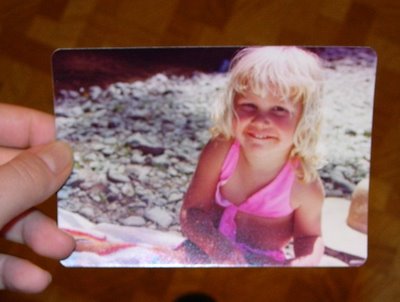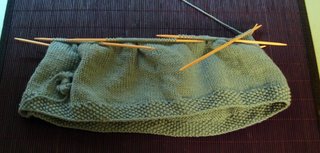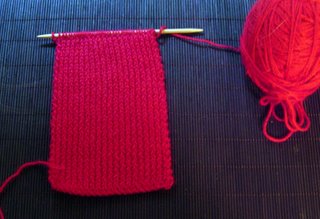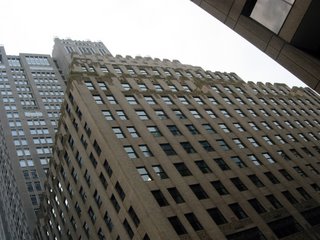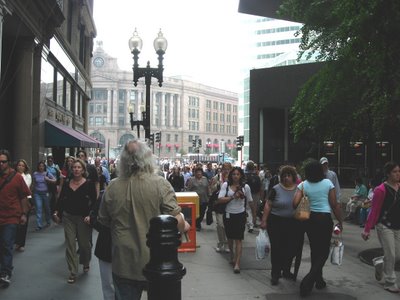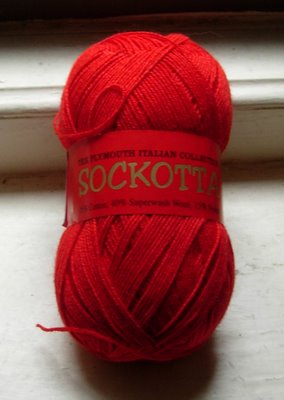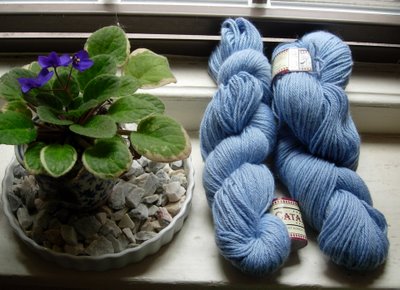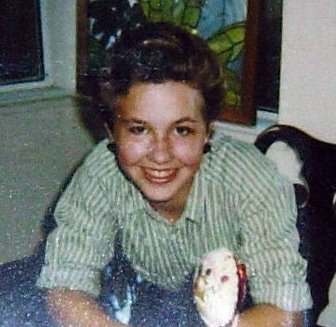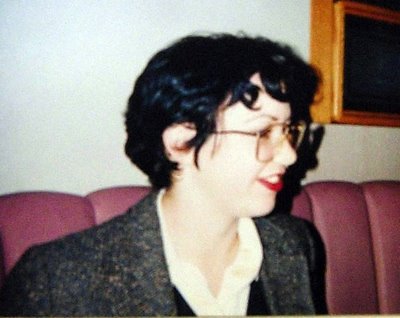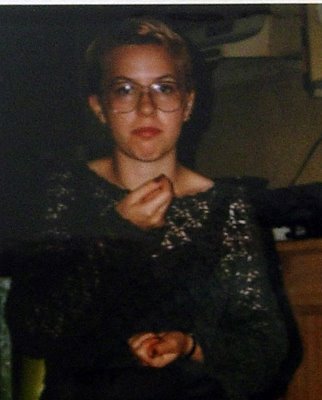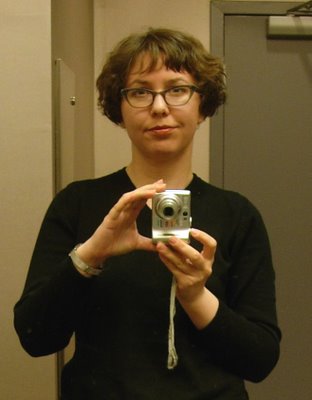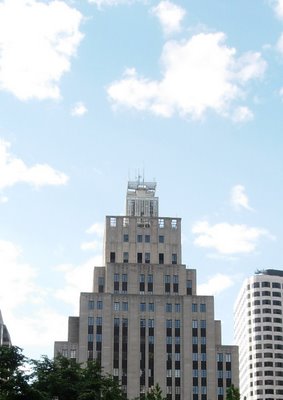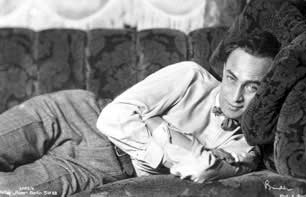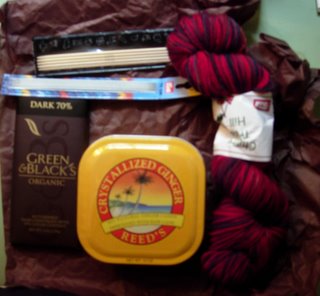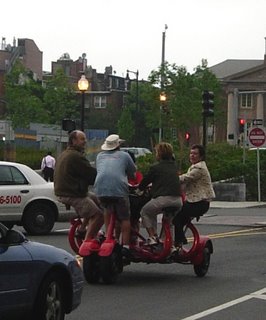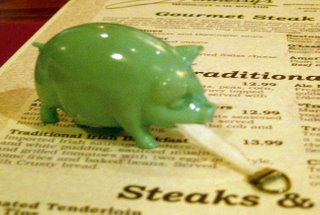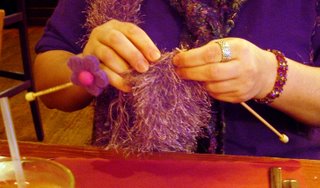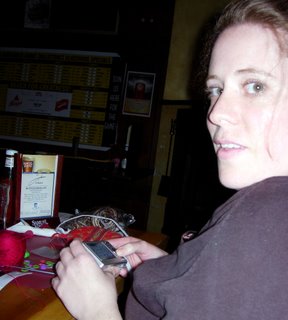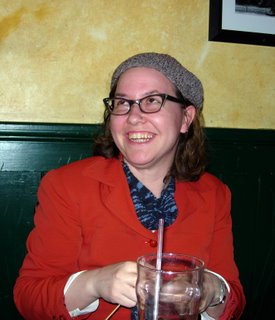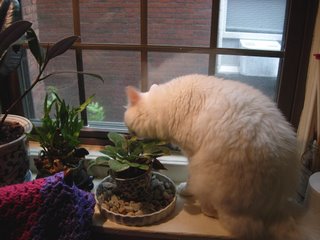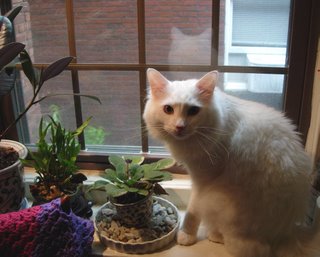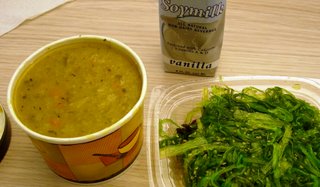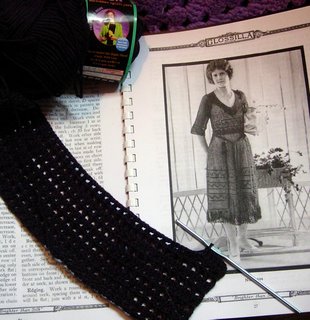Today I:
- am cursing Blogger
- had vegan toaster waffles for breakfast with maple syrup and white tea
- ate some veggie sushi (I made it!) and seaweed salad for lunch
- am actually getting tired of seaweed
I went to the Arboretum this weekend. I was hoping to get in on the roses, but they were pretty much bloomed out.
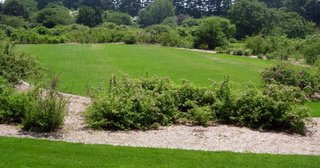
 There were also trees. Big trees:
There were also trees. Big trees:
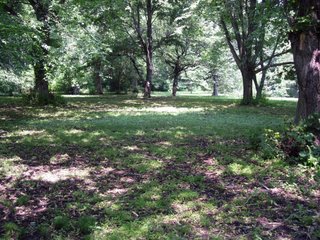
 And small trees:
And small trees:

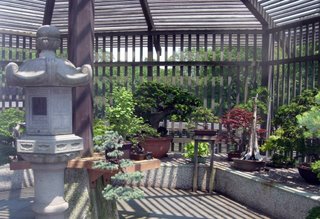
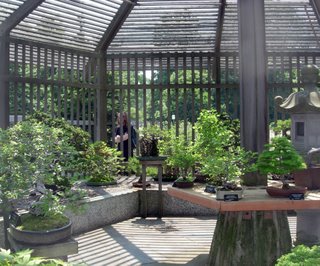 The figure in the background is my boyfriend/ partner/ whatnot. Don't let the stance deceive you: he likes bonsai.
The figure in the background is my boyfriend/ partner/ whatnot. Don't let the stance deceive you: he likes bonsai.
I was going to post a picture of me, too, but apparently I have been saved by Blogger: it will not upload any more photos for me.
(SRP3) A Wind in the Door by Madeleine L'Engle (1973) 203 pgs.
I remember listening to A Wrinkle in Time when I was in elementary school, and at the time it blew my mind. I'm not certain how old I was - the library room I remember was in the school for grades 3 through 5 only - so I was somewhere between 7 and eleven years old. I thought "A Wrinkle in Time" was very original, and the descriptions were evocative. It stuck with me. So when I encountered a L'Engle book last week in Goodwill I decided to test my pre-pubescent reading tastes.
A Wind in the Door was rather original, and the descriptions were rather evocative. The bends it puts a person's mind through are entertaining. However... I found certain other things annoying enough to consider not finishing the book. Being a children's book is no excuse. I've read a lot of children's books - Harry Potter, Anne of Green Gables, Rebecca of Sunnybrook Farm, etc., - and all I usually have to deal with is maybe a tendency to preach, gloss over some realities of life (light fiction, you know), and maybe not go too deep.
The first thing that bothered me was how naive the oldest child, Meg, who was also the main character, was for fourteen years old. She would have been more believable as twelve. She was a little down on herself about her appearance, but that was the only thing that marked her as being pubescent. Her relationship with her "friend-friend", Calvin, was excruciatingly platonic, even though she had no qualms saying she loved him. I just don't believe any fourteen year old could act that way, even a brilliant one. Maybe that's just me, maybe I was weird at fourteen. Hard to say. Also, while I appreciate the removal of slang from the children's vocabulary, sometimes it was very stilted.
Which reminds me: Is Madeleine L'Engle American? Because she writes like a Brit. Vegetable marrows, village, etc. The whole story stank of Brit trying to write American. Maybe that's just me, too.
Speaking of America, the thing that really almost had me tossing the book down was the blatant "America the Wonderful" propaganda that happened at times. "The height of civilization", a "great democracy"... is this 1950's propaganda, or what? This aspect was wrestling with another annoying thing: the overall Christianess of the story. Practically Narnia, folks.
Then, of course, nothing was really explained, or rational. Yet it was supposed to be science.
Somebody else might really like this book. Me? I am just to jaded, I suppose. Although I loved the Anne of Green Gables series. C+
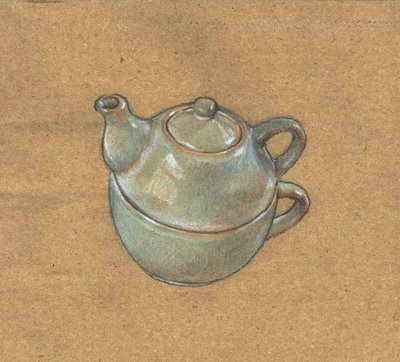 Hardly fish coming out a Japanese school girl's belly, but everybody has different muses. I drew it on a paper bag. See?
Hardly fish coming out a Japanese school girl's belly, but everybody has different muses. I drew it on a paper bag. See?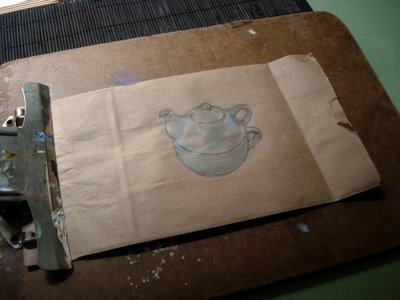 Then I spent all night unclogging the sink. Yay.
Then I spent all night unclogging the sink. Yay.
